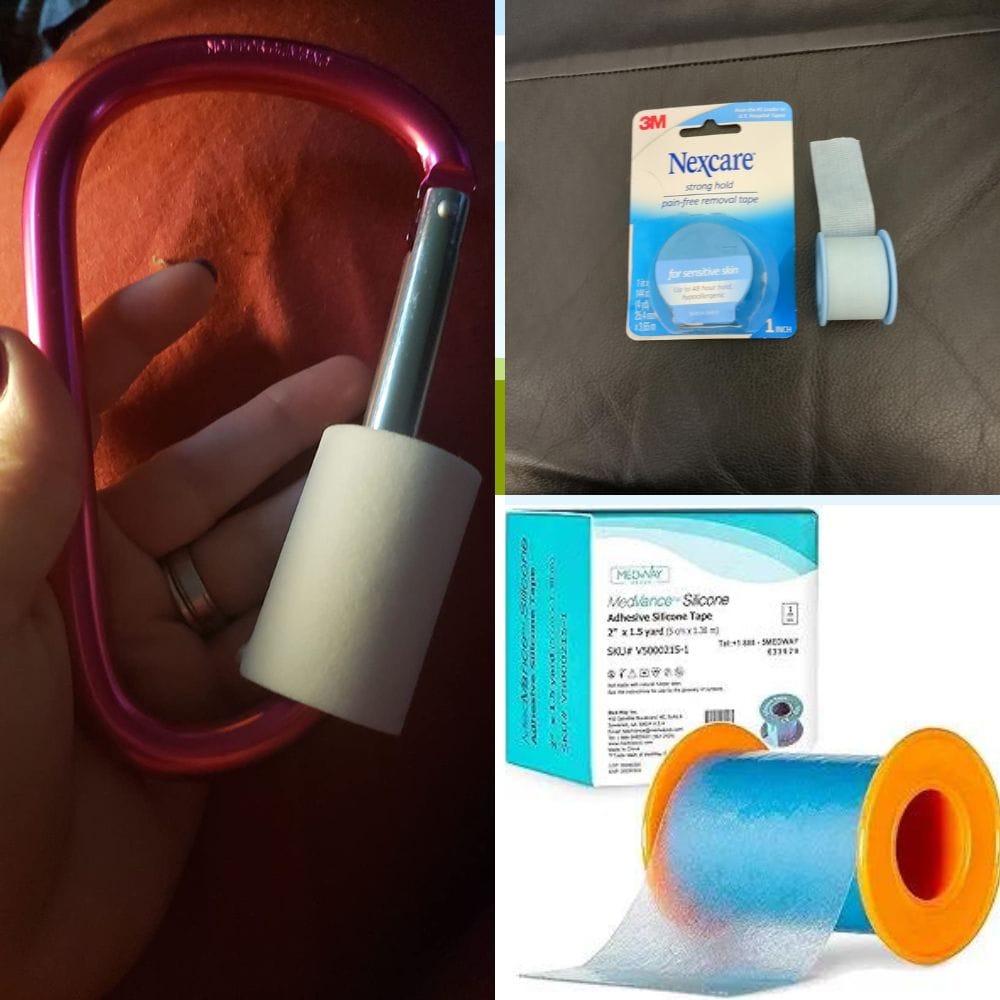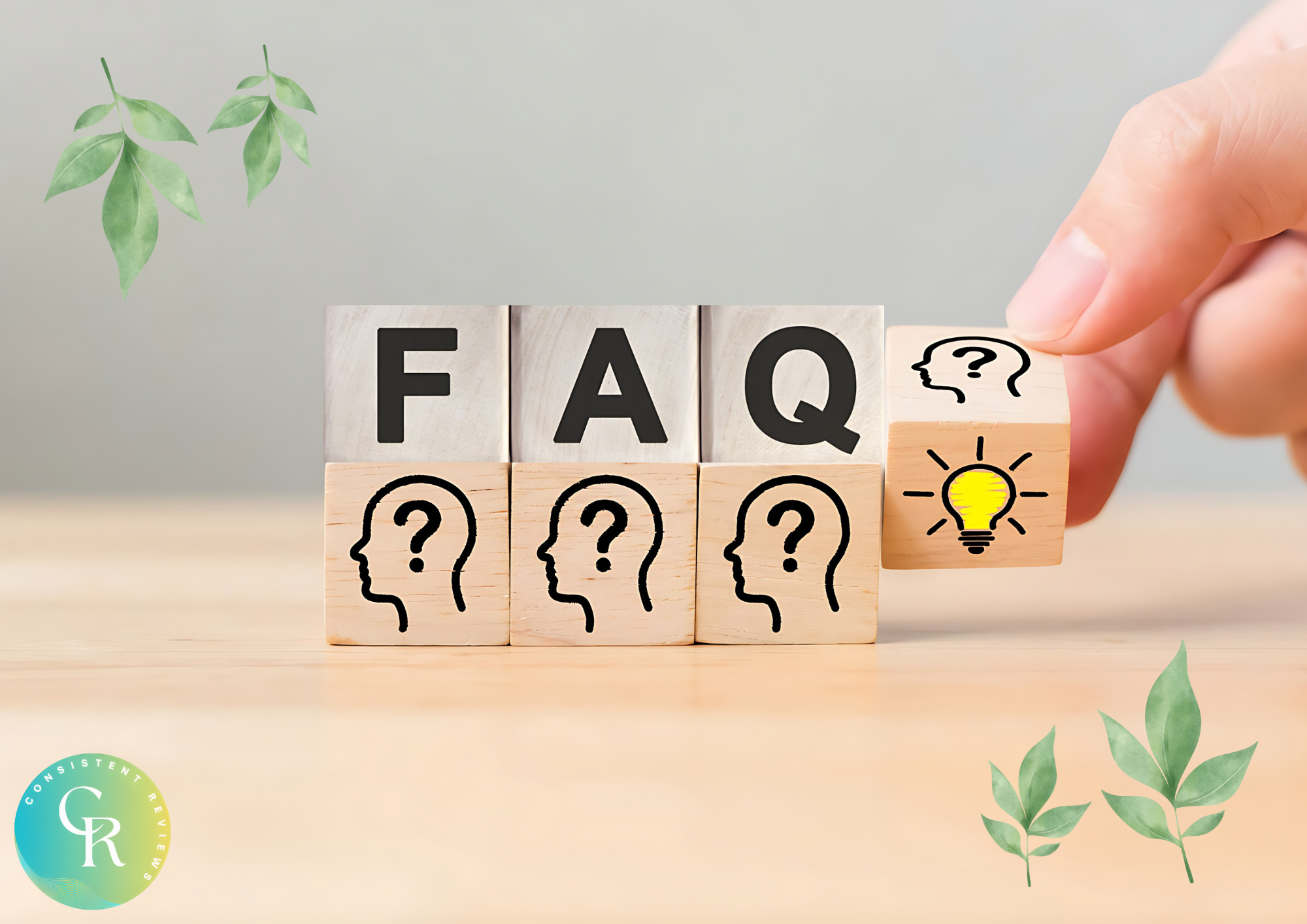Key Takeaways:
- Mouth taping can potentially improve oral health by promoting nasal breathing.
- It may help reduce dry mouth and improve sleep quality.
- Consultation with a dental professional is crucial before starting mouth taping.
Understanding Mouth Taping
Mouth taping is a practice that involves placing a piece of tape over the lips to encourage nasal breathing during sleep. This technique has gained popularity as a potential remedy for snoring and sleep apnea. The idea is that by keeping the mouth closed, individuals are forced to breathe through their nose, which can have several health benefits.
Nasal breathing is often considered more beneficial than mouth breathing because it filters and humidifies the air, reducing the risk of dry mouth and throat irritation. However, the question remains: is mouth taping good for teeth? Let's delve deeper into this topic to uncover the potential impacts on dental health.
The Connection Between Mouth Breathing and Oral Health

Mouth breathing can lead to a host of dental issues. When you breathe through your mouth, it can cause dry mouth, which reduces saliva production. Saliva is essential for maintaining oral health as it helps neutralize acids and wash away food particles. A lack of saliva can lead to an increased risk of cavities and gum disease.
Moreover, mouth breathing can alter the position of the tongue and affect the alignment of teeth over time. This can result in orthodontic issues that may require corrective measures. By promoting nasal breathing, mouth taping might help mitigate these problems, potentially benefiting your teeth in the long run.
Potential Benefits of Mouth Taping for Teeth
One of the primary benefits of mouth taping is the reduction of dry mouth. When the mouth is closed, saliva production is maintained, which helps protect the teeth from decay and gum disease. This can be particularly beneficial for individuals who suffer from chronic dry mouth or xerostomia.
Additionally, mouth taping can improve sleep quality by reducing snoring and sleep apnea symptoms. Better sleep can lead to improved overall health, which indirectly supports oral health. A well-rested body is better equipped to fight off infections and maintain a healthy immune system, which includes the health of your gums and teeth.
Risks and Considerations

While mouth taping may offer benefits, it's not without its risks. For some individuals, especially those with nasal obstructions or sinus issues, forcing nasal breathing can lead to discomfort or exacerbate existing problems. It's essential to ensure that your nasal passages are clear before attempting mouth taping.
Furthermore, improper use of tape can cause skin irritation or allergic reactions. It's crucial to use hypoallergenic tape designed for skin application. Consulting with a healthcare professional before starting mouth taping is advisable to ensure it's a safe and suitable option for you.
How to Safely Practice Mouth Taping
If you're considering mouth taping, it's important to do it safely. Start by choosing the right tape. Look for medical-grade, hypoallergenic tape that won't irritate your skin. Cut a small piece and place it vertically over your lips, ensuring it's secure but not too tight.
Begin by trying mouth taping for short periods, such as during a nap, to see how your body responds. Gradually increase the duration as you become more comfortable. Always listen to your body and stop if you experience any discomfort or difficulty breathing.
Real-Life Experiences: Case Studies

Many individuals have reported positive experiences with mouth taping. For instance, John, a 45-year-old man, struggled with snoring and frequent dry mouth. After consulting with his dentist, he decided to try mouth taping. Within a few weeks, he noticed a significant reduction in snoring and an improvement in his oral health.
Similarly, Sarah, a 30-year-old woman, found that mouth taping helped her sleep better and reduced her morning breath. She emphasized the importance of using the right tape and starting slowly to avoid any adverse effects.
Expert Opinions on Mouth Taping
Dental professionals have mixed opinions on mouth taping. Some dentists advocate for its use, particularly for patients who suffer from dry mouth or mild sleep apnea. They argue that promoting nasal breathing can have positive effects on oral health.
However, other experts caution against using mouth taping without proper evaluation. They stress the importance of identifying the underlying causes of mouth breathing and addressing them directly. Consulting with a dentist or sleep specialist can provide valuable insights and guidance.
Alternatives to Mouth Taping

If mouth taping isn't suitable for you, there are alternative methods to encourage nasal breathing. Nasal strips, for example, can help open up the nasal passages and improve airflow. Additionally, practicing good sleep hygiene and maintaining a healthy lifestyle can contribute to better breathing habits.
For those with severe sleep apnea, a continuous positive airway pressure (CPAP) machine may be recommended. This device delivers a steady stream of air through a mask, keeping the airways open during sleep. It's important to explore all options and choose the one that best fits your needs.
The Role of Saliva in Oral Health
Saliva plays a crucial role in maintaining oral health. It helps neutralize acids produced by bacteria, wash away food particles, and provide disease-fighting substances throughout the mouth. A healthy flow of saliva is essential for preventing tooth decay and gum disease.
Mouth taping can help maintain saliva production by encouraging nasal breathing. This can be particularly beneficial for individuals who experience dry mouth due to medication or other health conditions. Ensuring adequate saliva flow is a key component of a healthy oral environment.


Can mouth taping cause any harm to my teeth?
Mouth taping itself is unlikely to harm your teeth directly. However, if done improperly, it can cause skin irritation or exacerbate nasal issues. It's important to use the right tape and consult with a professional before starting.
Is mouth taping suitable for everyone?
Mouth taping may not be suitable for individuals with nasal obstructions or severe sinus issues. It's crucial to ensure your nasal passages are clear and consult with a healthcare provider to determine if it's a safe option for you.
How long should I try mouth taping before seeing results?
Results can vary from person to person. Some individuals may notice improvements in sleep quality and oral health within a few weeks, while others may take longer. It's important to be patient and consistent while monitoring your body's response.

Mouth taping is a practice that has gained attention for its potential benefits in promoting nasal breathing and improving oral health. By reducing dry mouth and enhancing sleep quality, it may offer advantages for dental health. However, it's important to approach mouth taping with caution and consult with a healthcare professional before starting. Understanding the potential risks and benefits can help you make an informed decision about whether mouth taping is right for you.











